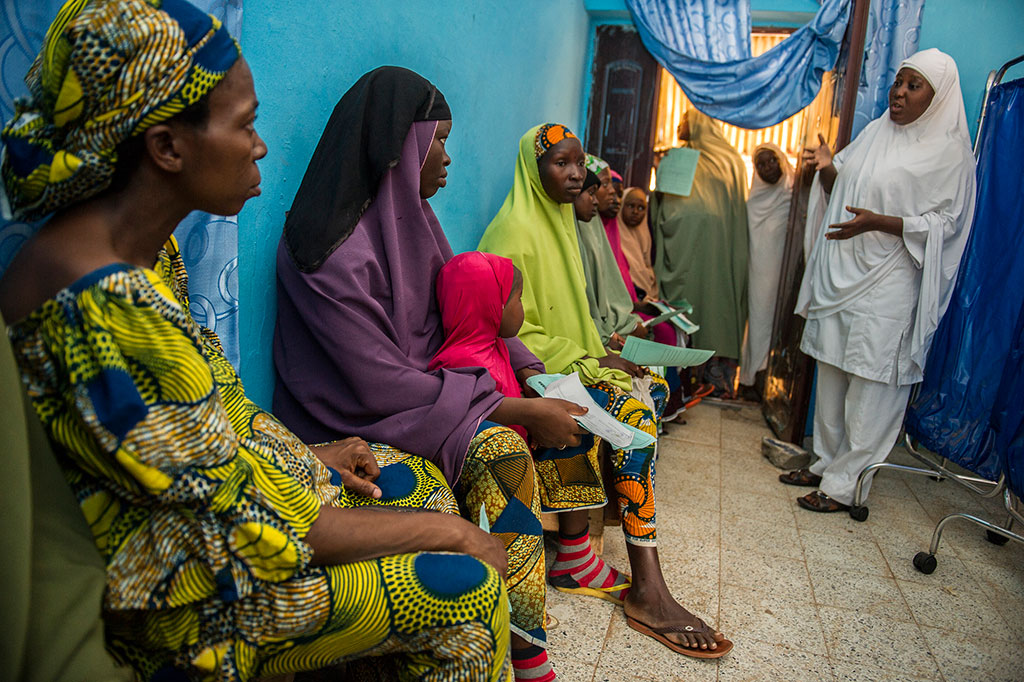The Ebola crisis has dealt a devastating blow to West Africa, killing more than 4,900 people, overwhelming health systems and crippling the health workforce. As an international, nonprofit health organization dedicated to preventing the needless deaths of women and families, Jhpiego is working side by side with the governments of Liberia, Guinea and Nigeria to provide critical infection prevention and control (IPC) assistance to ensure that health workers are safe on the job and prepared to provide lifesaving care to women and families. Jhpiego, an affiliate of Johns Hopkins University, brings decades of experience in the region and is currently assisting ministries of health and professional organizations as they address this ongoing crisis that has shuttered many essential health services. Our expertise in IPC reinforces the competencies and skills needed by health workers to perform their jobs safely, a crucial step in health facilities resuming services for vulnerable pregnant women, mothers and children. We also continue to support health care providers and centers to ensure that women have access to family planning services.
“The devastating outbreak of Ebola in West Africa has drawn attention to the critical role frontline health workers play in health systems around the world. Nurses, midwives and community health workers are often the first and only link to health care for millions of people,” said Leslie Mancuso, Jhpiego’s President and CEO. “Jhpiego is working with our partners to help ensure that health care providers are fully informed on infection prevention measures, appropriately trained and empowered to provide lifesaving care in a safe environment.”
The intensity and pace of the Ebola crisis has exhausted nurses, midwives and other frontline responders; consumed supplies such as chlorine, a key ingredient in ensuring infection prevention and sanitizing equipment; and crippled routine maternal and child health services. In Liberia, for example, an estimated 64 percent of all health facilities are not operational.
To help revive these services and reinforce health systems, Jhpiego has deployed staff in the three countries to share IPC messages and materials that have been adapted for the Ebola crisis. In Liberia, for example, Jhpiego has worked closely with the Ministry of Health and Social Welfare to provide additional training in appropriate handwashing, use of protective gear and safety equipment, proper disposal of waste, warning signs of Ebola and appropriate follow-up if exposure to Ebola is suspected. Jhpiego staff helped advance these capacity-building efforts along with colleagues and partners. This assistance is continuing and includes training of support staff in health facilities on how to prevent the spread of the infection, and outreach to key civic and religious leaders and groups.
In Guinea, Jhpiego staff are supporting the health ministry to strengthen infection prevention practices and messaging for nurses, midwives and other health care providers and to ensure maternal health services are available for women and families. In Nigeria, Jhpiego is working with the country’s Society of Gynaecology and Obstetrics to develop guidelines for the prevention and control of the Ebola virus in pregnancy and build the capacity of health care trainers.
For more information, please contact Jhpiego’s Ebola Response Lead, Nancy Ali, at 202.835.6068, nancy.ali@jhpiego.org.




